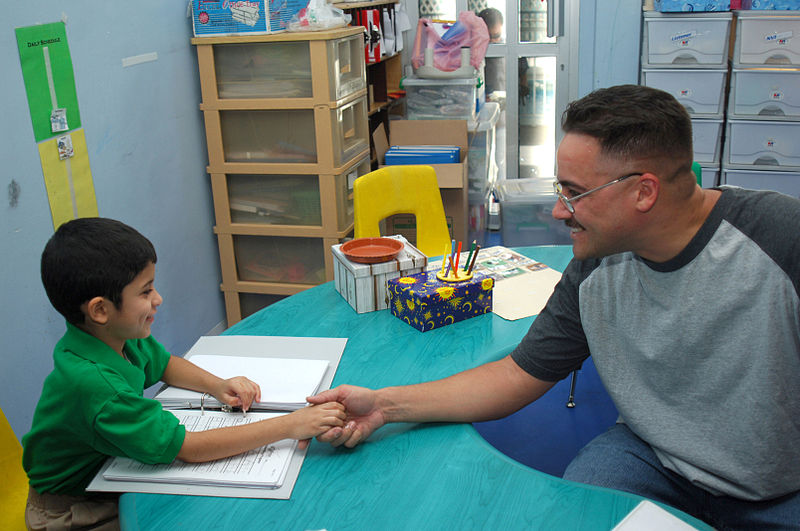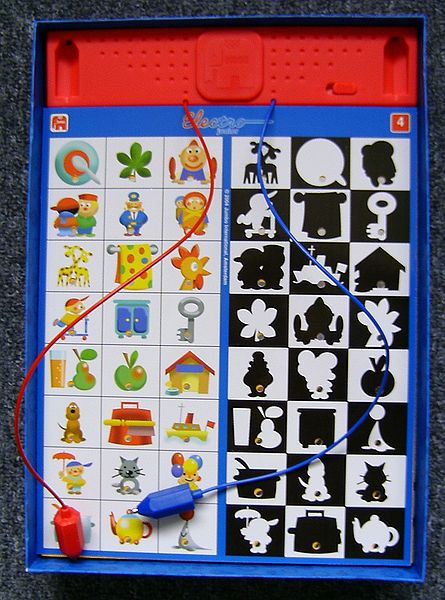Month: May 2013
The Importance of the Family Unit
 One of the somewhat less discussed reasons to homeschool a child is because of family values. What does this mean? It means that the family unit believes in certain values, certain practices and certain ways of being, and that they don’t feel that those values are being kept in the school system.
One of the somewhat less discussed reasons to homeschool a child is because of family values. What does this mean? It means that the family unit believes in certain values, certain practices and certain ways of being, and that they don’t feel that those values are being kept in the school system.
While some might argue that homeschooling shelters children from the real world, and that it’s important for them to be exposed to the world at large, homeschooling parents don’t necessarily agree. They believe that their children can become just as confident and loving (or maybe more so) and just as social without those influences. These homeschooling parents see the family unit as the most important part of the child’s life and they want to encourage that connection and foster it.
Rather than sitting in the classroom with the classroom furniture, the computer tables and the other equipment, they believe that they can create a warm and nurturing environment at home. This environment might include bean bags instead of classroom desks, science experiments in the kitchen, day trips with the kids and more.
While there are many ways to argue this point, the important thing is if the parents believe that they are instilling their values in the child and if they feel that they are holding up the sanctity of their family unti.
Resources for Homeschoolers
This site at http://store.homeschooling-ideas.com/ offers a vast array of ideas for homeschoolers. You can download free guides to help you get started with creating your own homeschooling curriculum and you can also purchase books of every type. Learn more with this site and get started building your library of homeschooling ideas.
Why Do Some Parents Prefer Homeschooling?
 Contrary to popular belief, attending school is not a legal requirement in the U.S. All children must be educated, however. KidsHealth.org explains that “when parents believe their can give their children a better education- or have other reasons for not wanting to send their kids to a local school (religious instruction, for example)- they may choose homeschooling.”
Contrary to popular belief, attending school is not a legal requirement in the U.S. All children must be educated, however. KidsHealth.org explains that “when parents believe their can give their children a better education- or have other reasons for not wanting to send their kids to a local school (religious instruction, for example)- they may choose homeschooling.”
A common misconception is that homeschooling is easier and less demanding than regular schooling. However, the opposite is often true. Though home-based education is less traditional, the material covered is the same as that in a regular classroom. Sometimes, the level of education is even higher, depending on the instructing parents or tutors. Homeschooling does tend to be more hands-on, with an increased number of field trips, science experiments and crafts. The environment often changes as well, ranging from a school desk at home to a creek or forest to a local library or museum.
Make Your Own Curriculum
Homeschooling parents often turn to pre-packaged curriculums for their children. However, this approach can be unnecessarily expensive, especially if there is more than one child studying at home. Instead, some parents have taken to creating their own education resources and environments with school desks and small school chairs.
Here are some tips for setting up your own curriculum:
- Start with what you have
- Look for standard household supplies that can fill in for more specialized materials
- Do it yourself
- Get to know your library system
- Find the gems on the Internet
- Take advantage of learning opportunities available through local schools, colleges, museums, youth organizations and business
- Collect books, craft materials, educational toys and games used or at a discount
- Do your homework before investing in a textbook, an online school or a packaged curriculum
Making Your Own Periodic Table
You don't to completely reinvent the wheel when you start to homeschool. Here is a brilliant article about how to create a periodic table at home. Here is the end result – getting there shouldn't be too difficult and homeschoolers will enjoy the process and the product. Learn more and get started.

